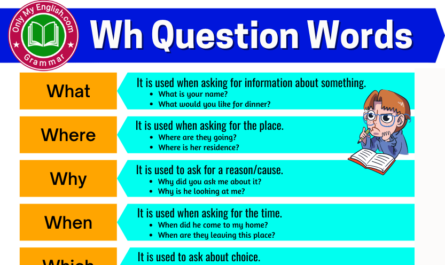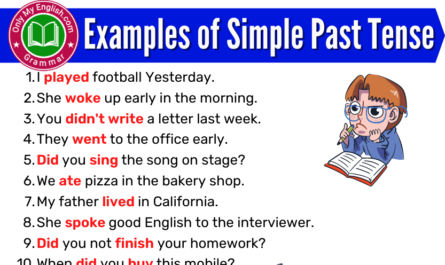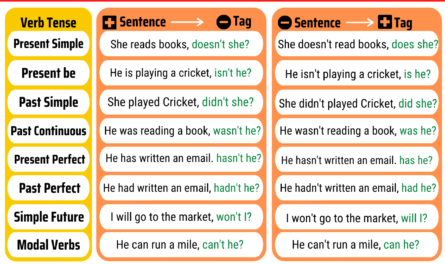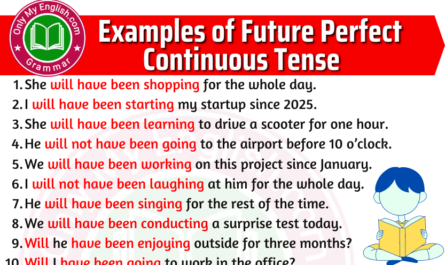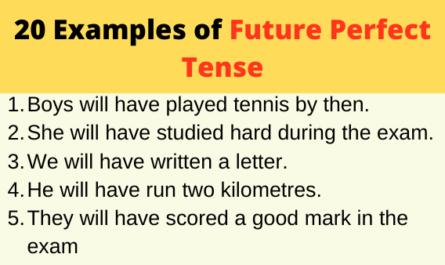Future Simple Tense
The Future Simple Tense indicates the prediction or to determine something that will occur in the future.
It refers to a time after the present situation, where the action is going to take place.
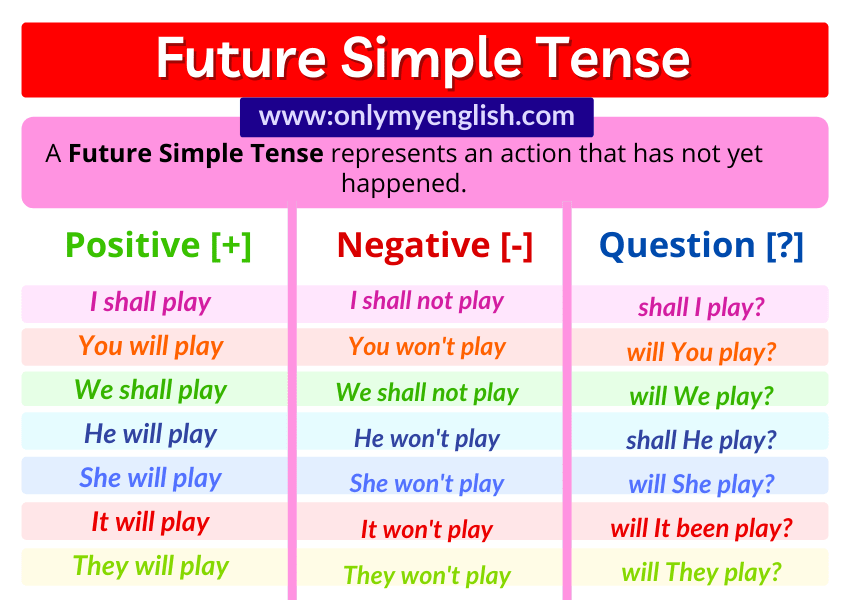
Formula of Simple Future Tense
Subject + shall/will + verb (base form) + object.
Here,
- The modal verbs shall/will is used to indicate prediction and the verb V in its base form.
- Will can be used when someone is speaking and decides to perform something.
- We can also use the word think, which refers to those actions to happen after.
- Often, they shall be used in formal type statements.
For example,
- She will come tomorrow in the evening.
- They will select him for their team.
Sentence Structure Rules
There are three probabilities of writing any sentence
- Positive statements
[Subject + shall/will + verb (base form) + object] - Negative statements
[Subject + shall/will + not + verb (base form) + object] - Question statements
[Shall/will + subject + + verb (base form) + object + ?]
Here,
- We can use shall, mostly with I and We, [Shall I…? Or Shall we…?]
- If someone refuses to do something, we often write won’t or shan’t rather than will not or shall not respectively.
- We can also use shall/will in statements in certain situations like an offering, promising, asking, or agreeing to do something.
Examples of Simple Future Tense in Sentence
- He will come to my birthday party tonight. (positive)
- He will not come to my birthday party tonight. (negative)
- Will he come to my birthday party tonight? (question)
- I think we shall go to a picnic on Andaman and Nicobar Island. (positive)
- I don’t think we shall go to a picnic on Andaman and Nicobar Island. (negative)
- I think, shall we go to a picnic on Andaman and Nicobar Island? (question)
- You will come to my office tomorrow to collect a bonus. (positive)
- You won’t come to my office tomorrow to collect a bonus. (negative)
- Will you come to my office tomorrow and collect a bonus? (question)
Exercise
Complete the following sentences by using the appropriate form of the verb.
- She ________ (came) to meet her father in the hospital.
- They ______________ (not/found) the treasure hunt.
- He ____________ (played) in tomorrow’s match.
- Ross ______________ (not/gone) to his foreign meeting.
- We don’t think you ______________ (achieved) your goal.
- I think I ____________ (reached) there on time.
- ______ I ________ (met) you on monday?
- _____ he ________ (found) her today?
- I think I _________ (appreciated) her for her efforts.
- Shall I ______(ate) my lunch in the recess?
- I promise I ___________ (returned) all your money soon.
- The bus ____________ (not/stopped) at this bus stand.
- They ___________ (not/gave) you your pen back.
- _______ you ________ (dropped) my daughter at her school?
- I don’t think we ___________(seen) the flying aeroplane from here.
Answers Key
- She will come to meet her father in the hospital.
- They won’t found the treasure hunt.
- He will play in tomorrow’s match.
- Ross won’t go to his foreign meeting.
- We don’t think you will achieve (achieved) your goal.
- I think I will reach there on time.
- Shall I meet you on Monday?
- Will he find her today?
- I think I will appreciate her for her efforts.
- Shall I eat my lunch in the recess?
- I promise I will return all your money soon.
- The bus won’t stop at this bus stand.
- They won’t give you your pen back.
- Will you drop my daughter at her school?
- I don’t think we will see the flying airplane from here.
More Tenses
1. Future Continuous Tense
2. Future Perfect Tense
